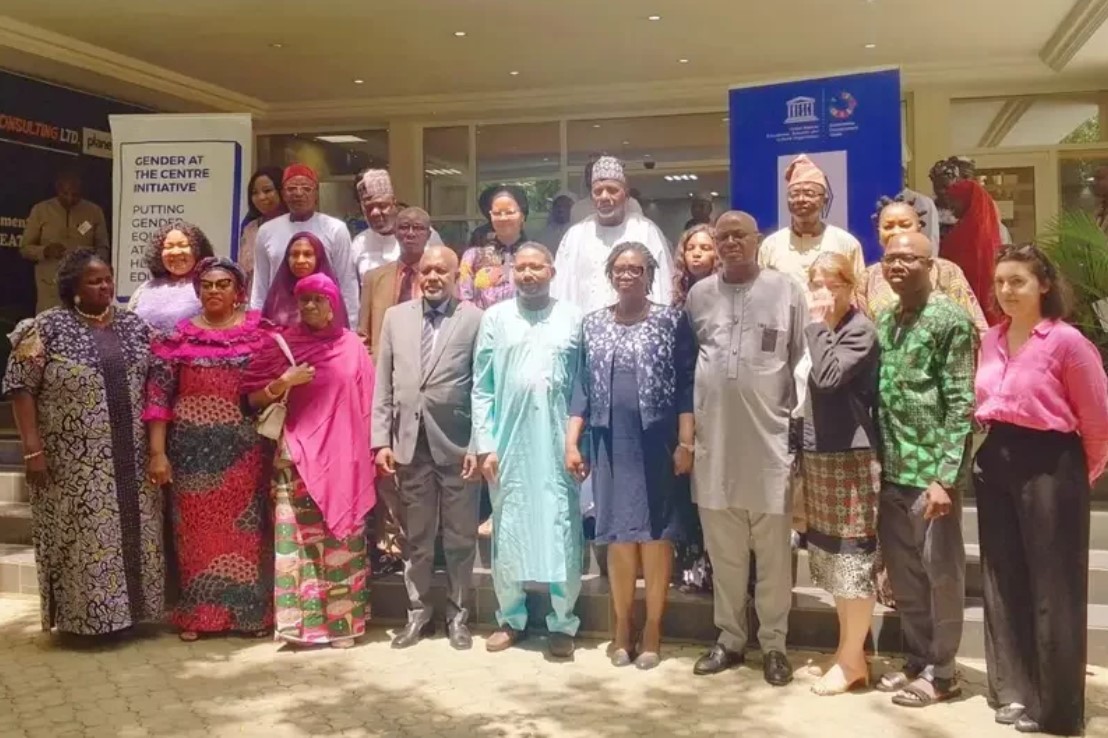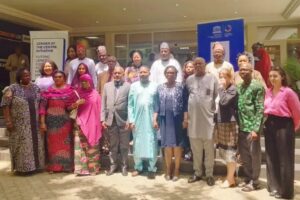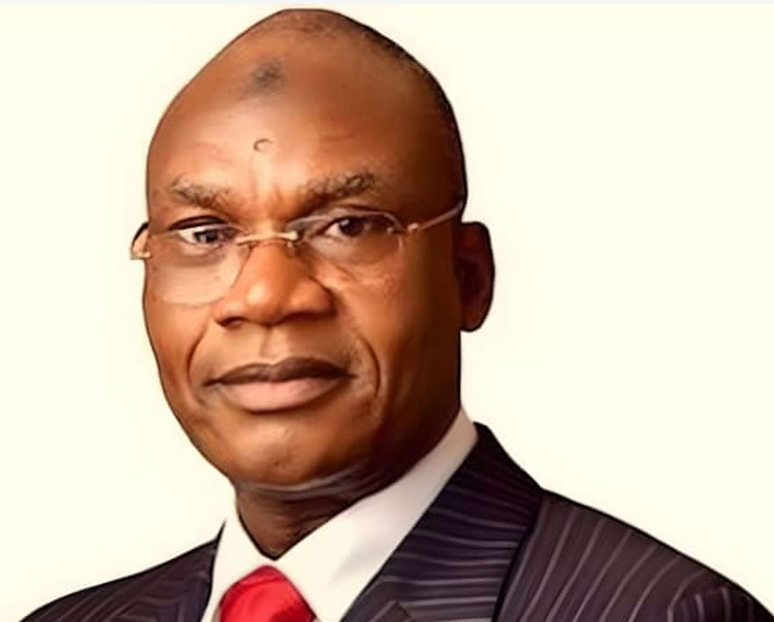
Nigerian govt., UNESCO seek to address gender disparity in education
- Gender
- No Comment
- 50

The move by the Nigerian government and UNESCO is a step toward reducing the over 20 million out of school children in the country, with girls constituting over 60 per cent of the figure.
The Federal Ministry of Education (FME), in collaboration with International Institute for Educational Planning, UNESCO (UNESCO-IIEP), organised a capacity building workshop to reduce gender disparity in education in states.
The Minister of State for Education, Yusuf Sununu, at the opening of the five-day workshop for selected state gender desk officers and other stakeholders in Niger State, said the move would improve inclusive education and gender equality.
Mr Sununu said that the move was a step toward reducing the over 20 million out of school children in the country, with girls constituting over 60 per cent of the figure.
He said “education is an effective vehicle for enhancing human capabilities and for promoting social and economic development.
“Evidence abound that countries with highly developed education system are those with successful economies and high standards of living.
“It is on this backdrop that the ministry, in its bid to reposition the country’s education sector and boost gender equality and children’s enrolment into formal school system, organised this workshop.”
He said that the collaboration with development partners was to support states to increase gender equality in basic education.
While calling for increased awareness on the benefits of girl-child education, the minister urged stakeholders, especially in the states, to fully implement the Reviewed National Policy on Gender Education and its guidelines.
He said the implementation would promote effective coordination and implementation of strategies to bridge the gender gaps in education.
Abdourahamane Diallo, the Head of UNESCO Office in Abuja, said the workshop is aimed at building capacity of critical stakeholders to advance gender-responsive education planning and management in states of the federation.
He said “the facilitators, comprising experts from the IIEP, Abuja Office of UNESCO and the FME have designed the training contents to lead to increased understanding of key issues and challenges of gender equality in and through education.
“The contents will also increase understanding of school-based and non-school factors that cause gender disparities in education and how gender equality can be integrated into policy design, planning processes and implementation.”
Ms Sally Rosscornes, the Senior Gender and Education Specialist, IIEP-UNESCO, said “we are here to accompany states as they seek to understand the different gender inequalities and disparities and dimensions within their own context.
“And then for them to develop their own solutions to solving those challenges.”
Dr Folake Olatunji-David, the Director, Basic Education, FME, noted the effects of gender disparities, stressing the need for gender balancing in learning, planning, policymaking, implementation, monitoring and evaluation of activities.
She said “when we talk about gender, it is not just about girls, but about both boys and girls.
“So, ensure that we leave no child behind in all our policymaking and implementation, because each gender has his or her own peculiarities and a role to play.”
Also, Obianuju Anigboju, the Director, Educational Planning, Research and Development Department, stressed the need for the adoption of innovative strategies that would advance and promote gender equality.
By NAN
Nigerian govt., UNESCO seek to address gender disparity in education



